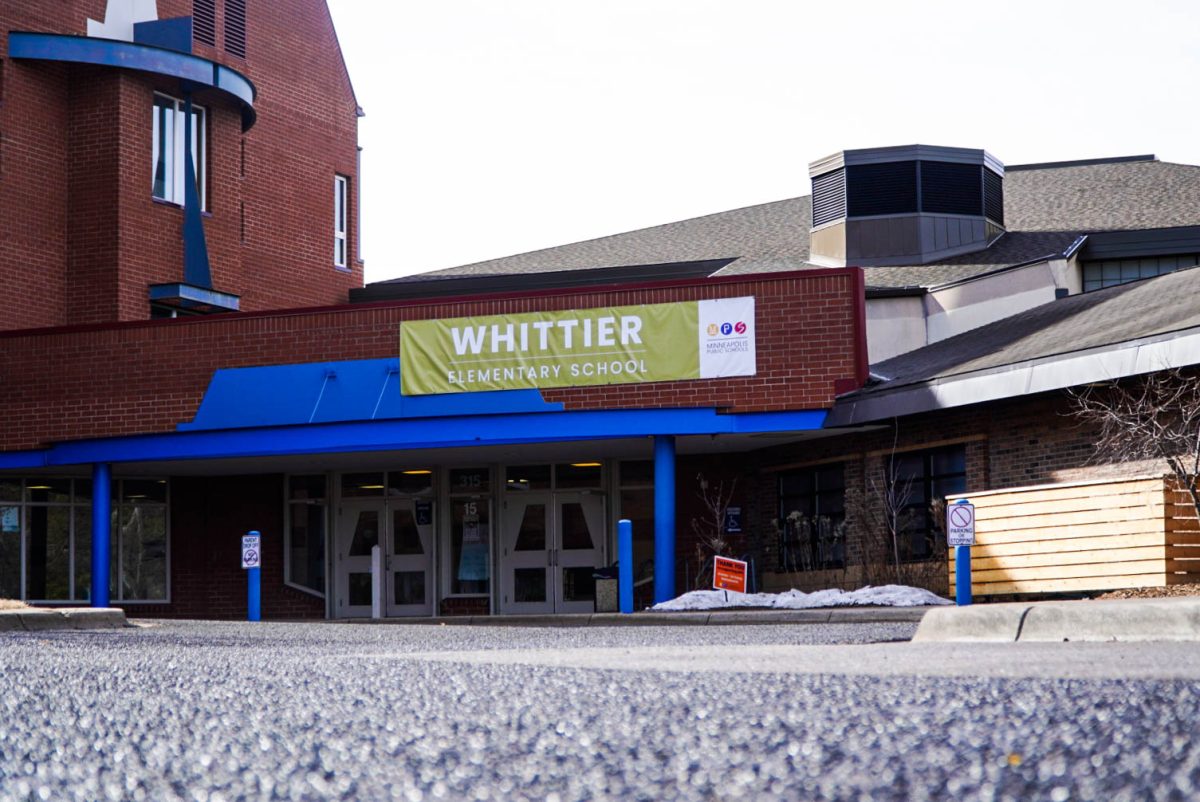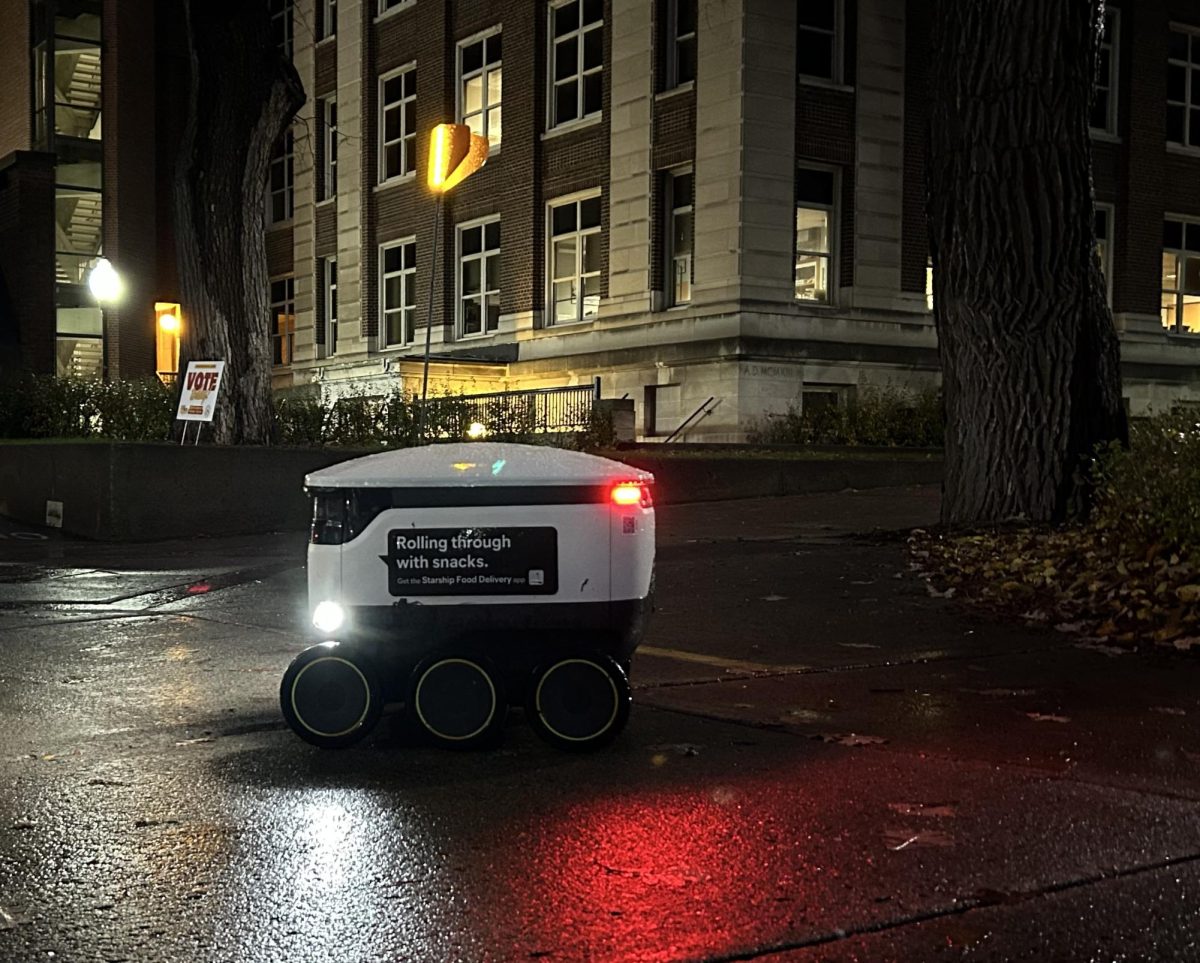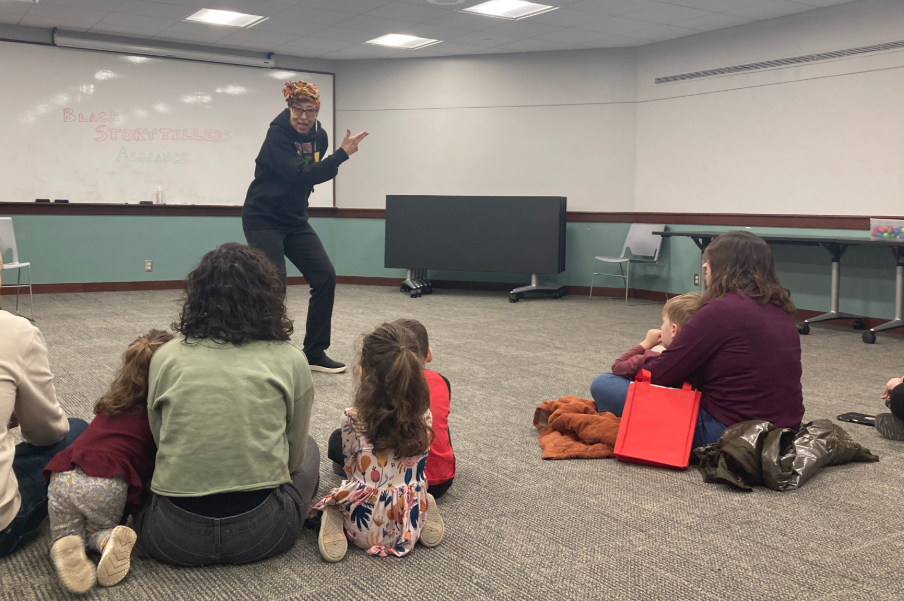Melvin Carter III is poised to become the next mayor of St. Paul.
Carter was at almost 51 percent of votes with all precincts reporting. Ranked-choice voting rules dictate the winner needs more than 50 percent of votes. Pat Harris came in with the second most votes at just under 25 percent.
The results were expected much later, with election officials citing the city’s ranked-choice voting system and a high number of candidates as possible reasons for a delay.
Carter beat a field of 10 candidates, succeeding Mayor Chris Coleman who chose to run for governor rather than run for re-election.
Carter will be the city’s first mayor of color. At 38, Carter currently works as the executive director of Gov. Mark Dayton’s Children’s Cabinet, where he was an adviser on early childhood policy.
Prior to Dayton’s cabinet, Carter served a term and a half on the St. Paul City Council, representing Ward 1.
As a council member, Carter lobbied the Met Council and the federal government to add additional stops to the Green Line in lower-income neighborhoods.
Carter also served as an adviser to Dayton during the protests following the police shooting of Philando Castile.
Carter has campaigned on building trust between communities and police, investing in health services and affordable housing for families, and supporting small business and economic development.
Issues central to the race included gun violence and policing, city minimum wage and funding for St. Paul’s professional soccer stadium.
Carter has released a “Community-First Police Reform” initiative to build trust between police and communities. The plan prioritizes investing in communities to prevent crime before it happens.
Carter was one of the largest supporters of a $15/hour minimum wage ordinance, which has been adopted in Minneapolis but not in St. Paul. Other candidates endorsed the concept, but worried about its impact on small businesses.






